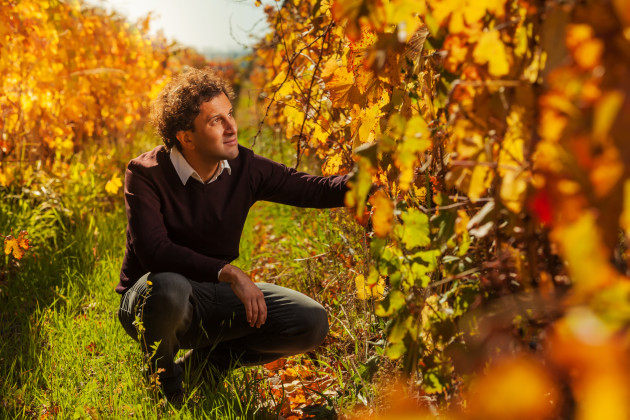
Argento’s biodiversity index paves the way for an organic future
Major Argentinian winemaker Bodega Argento is sharing the results of a compelling biodiversity study which aims to put flora, fauna and vine management in harmonious step, as it works to convert its entire estate to certified organic status.
Part of the Avinea Group, Argento has been working on its Matrizviva project with Argentina’s National University and INTA, the National Institute of Agricultural Technology, for several years on a biodiversity index which scores plant species on various criteria, including the ability to increase the diversity of insects and eliminate disease.
In order to discover which cover crops offer the best combination of characteristics, the project has focused on the group’s Finca Alto Agrelo site in Mendoza’s Lujan de Cuyo. This 300ha organically farmed plot has been planted around a central ‘reserve’ – an uncultivated, natural space left wild as a place to re-route wildlife. Cover crops are planted between the vines as a way of creating natural corridors or pathways for insects to migrate, but while still keeping them within the vineyard’s ecosystem.
- Read more: Amanda Barnes – Argentina makes its move
Of the plants and flower species tested, Achilia was discovered to be the highest scoring against three key criteria: ‘predators’ and ‘parasitoids’ (both insects which are effective at eating disease) and ‘pollinators’.
Specifically keeping ants away from the vines has been a major part of the project, too. Granivorous ants, which feed on seeds or grains, bring many benefits to vineyards: they are responsible for the dispersal of plant seeds and are a food source for other predators such as aphids. They also build a large number of galleries in their nests which favor soil aeration and help with the degradation of organic matter.
However, ants can also devastate vineyard canopies if left to run rampant without the use of pesticides. Argento, therefore, has been forced to get creative.
“The number one reason winemakers quit organic winemaking is because of ants,” explained head winemaker Juan Pablo Murgia, at an unveiling of the research in London this week.
“There are 13,000 species globally and two are unique to Argentina, known as ‘leaf cutters’, because they can eat through 20-30% of a vineyard’s canopy in just two days if left unchecked.
“It’s all about moving them away from the vines. Ants love a plant called salvia microphylla and will follow it all the way to the reserve with the help of these natural corridors. We want to coexist with them – and help them help us.”
The research, which also used chromatography to explore the biological activity within the soil (“the soil should be alive!” says Murgia), were shared in London on Wednesday (14 March). During the tasting component, Harpers was also able to try the newest releases from Argento’s Single Vineyard range, plus Otronia, a premium brand established in 2017, which sits above Argento’s Single Block label.
So far, the company has focused its agroecological project on the Lujan de Cuyo site.
However, it is also looking to communicate what organic viticulture has to offer in the world’s most southerly, wind-battered vineyards of Patagonia, where Otronia is made.
“This is part of the story of the ‘new Argento’,” says Murgia. “It has been evolving over the past five years: a move towards precision viticulture and a philosophy which is based around being in balance with all the living things between the vines.
“We currently produce 12m bottles a year and have just under 400 ha of organic certified vines (322 ha in Mendoza and 50 ha in Patagonia), with the rest soon to follow. Five years ago, there was not one organic producer in Argentina. Things have changed so much with us and for the country.”






